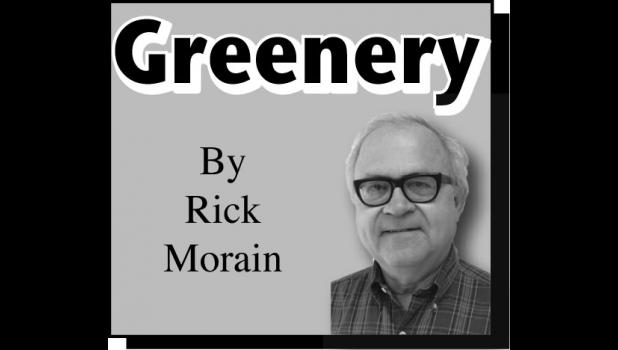Has the day arrived for truly independent legislators?
Can a third political party, or at least a loose organization of political independents, hope for any success in today’s political climate? I used to think not. But I’ve changed my mind; not for national politics, but for the state level in Iowa.
I think it’s possible today in Iowa because of the significant number of former Republicans, disaffected Democrats, and strong-minded no-party voters. Those individuals have not yet, to my knowledge, started to talk seriously among themselves about such a coalition, other than to discuss specific issues like the federal budget, the environment, or various social issues. But conditions seem to be ripening toward some type of broader-based group. There are several reasons:
1. Political “parity” in Iowa politics.
Iowa is one of the truly “purple” states, neither Republican red nor Democratic blue. The Iowa House is controlled by Republicans, the Iowa Senate by Democrats, and the governorship is held by a Republican.
Two of the state’s U.S. representatives are Republican and two are Democratic. One of our U.S. senators is a Democrat, the other is a Republican. We’ve shifted from Democrat to Republican to Democrat again in presidential elections since 2000.
The state treasurer and attorney general are Democrats, while the secretary of state, state auditor and secretary of agriculture are Republicans.
What this kind of equality suggests, among other things, is that a middle-ground “third group” could swing considerable power and influence in the state’s politics.
2. The two existing parties, partly because of the state’s caucus system, appear to be moving “outward” on the political spectrum toward dominance by their more extreme wings. While candidates for state office are nominated by a primary system, the party leadership is chosen through party caucuses that start at the precinct level and continue on up through county and district levels to the state level.
Caucus-goers generally are more ideological than those who vote in primaries, leading to parties controlled by ideologues rather than pragmatists or middle-of-the-roaders. The state platforms of the two parties give evidence of that fact.
Consequently a Republican or Democratic candidate or office-holder often has to swallow party positions on a number of issues with which he or she is uncomfortable.
A middle-ground group would provide an opportunity to pick and choose some issue positions from the Republican menu and some from the Democratic side, rather than being pressured by party leadership on one side or the other, thereby occupying the middle ground more similar to where most Iowans are on real-world issues.
3. The gridlock in Washington, and in recent years at the Iowa State Capitol, has led more and more voters to say “a pox on both your houses.”
There are currently no “independent” members of the Iowa Legislature. But as frustrated voters turn away from existing parties, a respected community leader with no political affiliation might be encouraged to seek office.
There are serious challenges to running for office as an independent. One is campaign funding, for advertising and staff help. An independent candidate, or an “independent” organization, would have to find a way to raise money from people who simply want government that works. That’s not easy.
A second challenge is how to compete with the massive political organizations of the two existing parties in the state.
Thirdly, the two-party system is an established fact for Iowa voters. How likely is it that enough of them could be persuaded to go into the voting booth and mark a ballot for a “non-party” candidate?
And finally, if an independent candidate were actually to win a legislative seat, how would he or she maneuver in the House or Senate structure where committee assignments and leadership positions are controlled by the political parties?
It’s probably not likely yet that an independent could win a legislative seat in Iowa. But it’s certainly more likely than it would have been 20 years ago.
There are currently two U.S. Senate seats out of the 100 that are held by independents: Sen. Angus King of Maine and Sen. Bernie Sanders of Vermont. One of the nation’s 50 governors, Gov. Lincoln Chafee of Rhode Island, is an independent. All three are New Englanders, from small states where political independence is probably more highly prized than elsewhere in America.
I don’t know the number of independent state legislators in the U.S., but I’d bet there are some. How did they pull it off, and do they make any difference in the governments of their states? And in the final analysis, is it actually a good idea for an independent to hold office in a system operated by political parties?
Some day, probably sooner than later, we’re going to find out.
- Log in to post comments

